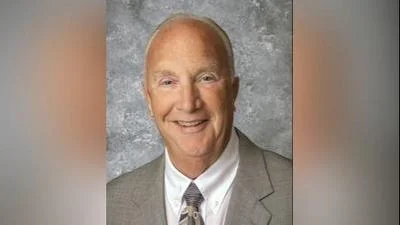As more Cook County retailers watch beverage sales spiral down following the enactment of the penny-per-ounce sales tax in August, some county board members who represent the Chicago Southland area are feeling the pressure to reverse course.
“The Chicago Southland Chamber Commission as a practice does not support increased taxes, but specifically one that puts businesses in the Southland at a competitive disadvantage,” the Chicago Southland Chamber of Commerce (CSCC) said in a statement provided to the South Cook News by Executive Director Heather Haynes-Jones. “The beverage tax has put tremendous competitive pressures on retail businesses in South Cook.”
Southland-area Commissioners Jerry Butler (D-Chicago), Edward Moody (D-Chicago Ridge), Stanley Moore (D-Chicago), Deborah Sims (D-Chicago) and John Daley (D-Chicago) voted in favor of the tax and are now hearing about it from their constituents.

Toni Preckwinkle
CSCC officials said the tax is the driving force behind a chunk of local consumers now taking their business elsewhere, namely nearby locales like Indiana, where no such tax is on the books.
“This loss of customers puts undue financial strain on the businesses, ultimately leading to job losses and threatening the business existence itself,” CSCC officials said in the statement.
Rosie Regas owns Fairplay Foods outlets in Hickory Hills, Markham, Oak Lawn and Chicago. She recently told the Chicago Tribune that beverage sales are down by 28 percent since the imposition of the tax that County Board President Toni Preckwinkle has estimated will generate an additional $225 million in revenue for the county.
Meanwhile, the Cook County Board has scheduled an Oct. 10 hearing on repealing the tax, with a vote on the issue expected on Oct. 11.
The repeal effort is co-sponsored by Commissioners Tim Schneider (R-Bartlett) and Sean Morrison (R-Palos Park). Commissioners Richard Boykin (D-Chicago), Jeffrey Tobolski (D-McCook) and John Fritchey (D-Oak Park) have also thrown their support behind the effort.
Repeal of the ordinance would take approval of nine of the 17 commissioners




 Alerts Sign-up
Alerts Sign-up